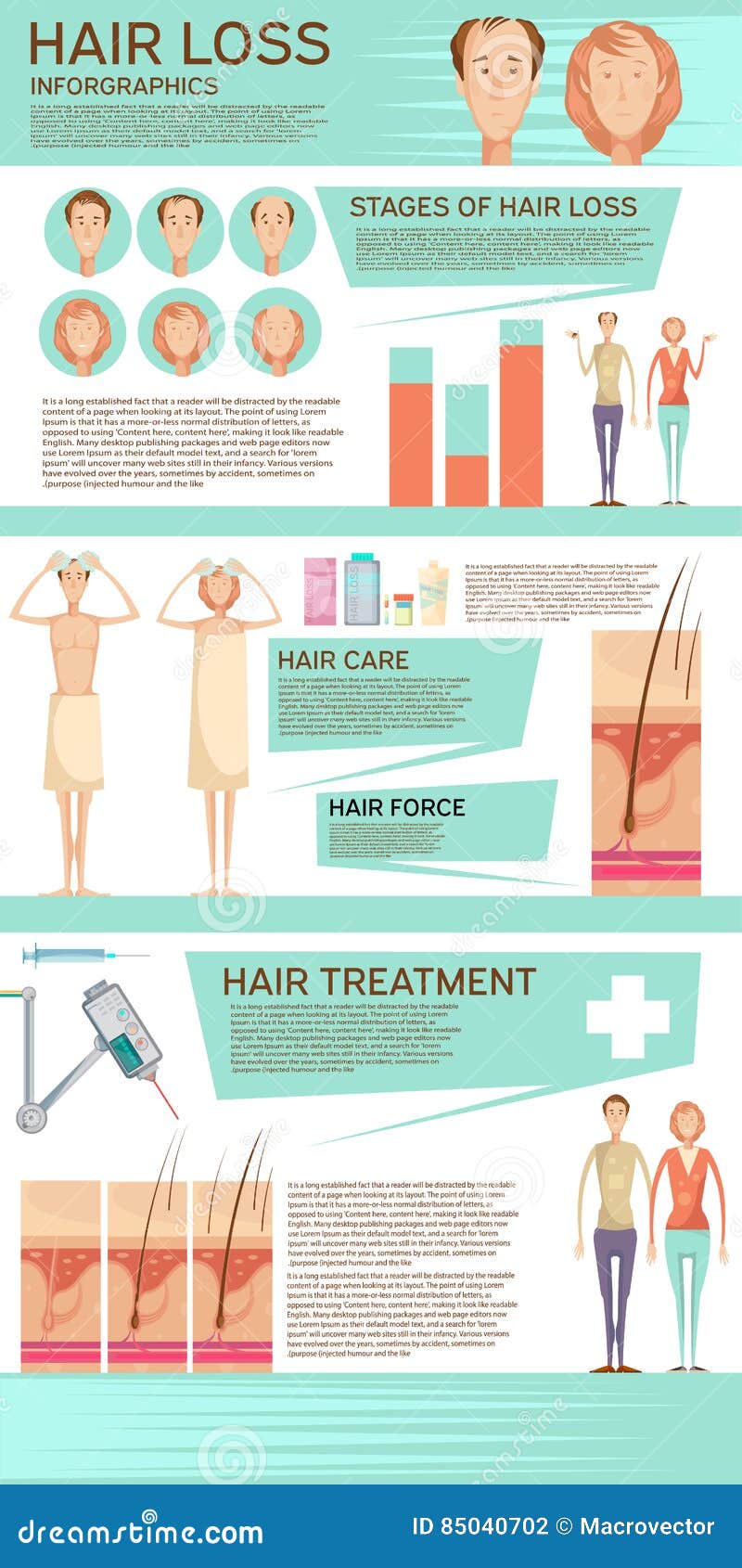Amidst The Myths Regarding Acne, Find The Unusual Facts That Might Change Your Skin Care Regular Permanently. What Truly Causes Your Breakouts?
Amidst The Myths Regarding Acne, Find The Unusual Facts That Might Change Your Skin Care Regular Permanently. What Truly Causes Your Breakouts?
Blog Article
microneedling vs laser Composed By-Ebsen Morse
You could believe that delighting in delicious chocolate or oily foods is the root cause of your acne, however that's simply one of many myths swirling around this common skin disease. Actually, acne mainly originates from stopped up hair roots, not your last dessert. Misconceptions like these can lead you to adopt ineffective skincare practices that may even aggravate your circumstance. As you navigate the facts behind acne, you'll find insights that might transform your method to skin care and assist you achieve more clear skin. So, what truly lies below the surface?
Common Myths Concerning Acne
When it concerns acne, many people rely on usual myths that can cause confusion and irritation. One widespread misconception is that eating chocolate or oily foods causes acne. While diet regimen can affect skin health and wellness, the straight web link between details foods and acne isn't as clear-cut as several believe.
Another common misunderstanding is that you ought to scrub your face intensely to clean up breakouts. Actually, hostile scrubbing can irritate your skin and get worse acne.
You might also think that acne just impacts teens, but grownups can experience it too, usually as a result of hormone modifications or tension. Some people assume that tanning can clear acne, but sunlight exposure can in fact bring about skin damage and aggravate breakouts over time.
Lastly, many think that making use of harsh items will eliminate acne promptly. Nevertheless, these products can strip your skin of its natural oils, leading to boosted irritability and even more outbreaks.
Scientific Information Behind Acne
Understanding the scientific facts behind acne can empower you to tackle this usual skin disease more effectively.
Acne occurs when hair follicles end up being obstructed with oil, dead skin cells, and bacteria. This procedure usually starts with an overflow of sebum, the oil your skin normally generates. Hormonal changes, especially during the age of puberty or menstruation, can cause this excess oil.
Microorganisms referred to as Propionibacterium acnes prosper in these clogged up pores, leading to swelling. When your body immune system reacts, it can trigger inflammation and swelling, causing those bothersome acnes or cysts.
Genetics also play a role; if your parents had acne, you could be a lot more prone to it.
Diet regimen and stress and anxiety degrees can influence acne as well, however study is still advancing in these areas. While indulging in greasy foods won't straight trigger breakouts, a balanced diet plan can sustain your skin health.
Also, taking care of anxiety can lower hormonal changes that might worsen acne.
Tips for Managing Acne
Managing acne efficiently needs a mix of everyday skin care routines and lifestyle adjustments. Start by establishing a regular skin care routine. Clean your face two times a day with a mild, non-comedogenic cleanser to get rid of dust and excess oil. Stay clear of scrubbing also hard, as this can aggravate your skin and worsen acne.
Next, integrate products including salicylic acid or benzoyl peroxide to assist prevent outbreaks. Constantly follow up with a light-weight, oil-free cream to keep your skin hydrated. Do not neglect sun block; opt for non-comedogenic options to safeguard your skin from UV damages without obstructing pores.
Past skincare, pay attention to your diet plan. Limit sugary and oily foods, and focus on fruits, veggies, and entire grains. Remaining hydrated is critical, so beverage a lot of water throughout the day.
Additionally, manage https://www.healthline.com/health/breast-implant-removal through tasks like yoga exercise, meditation, or exercise, as anxiety can cause outbreaks.
Last but not least, prevent selecting or popping pimples. This can result in scarring and further inflammation. If your acne persists, get in touch with a skin specialist for tailored therapy alternatives.
Final thought
In conclusion, it's vital to separate truth from fiction when it comes to acne. By exposing common myths, you can much better recognize your skin and make notified options for your skin care routine. So, why remain to rely on out-of-date concepts when the reality can encourage you? Accept healthier practices, concentrate on mild cleansing, and bear in mind that taking care of acne is a trip. With the appropriate knowledge, you're one step closer to more clear, healthier skin.
